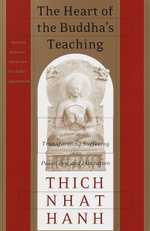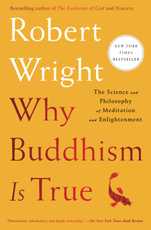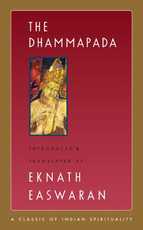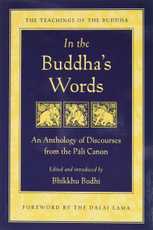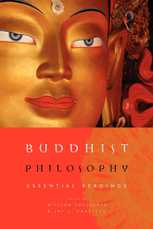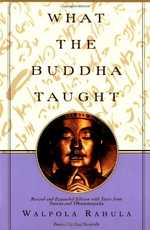
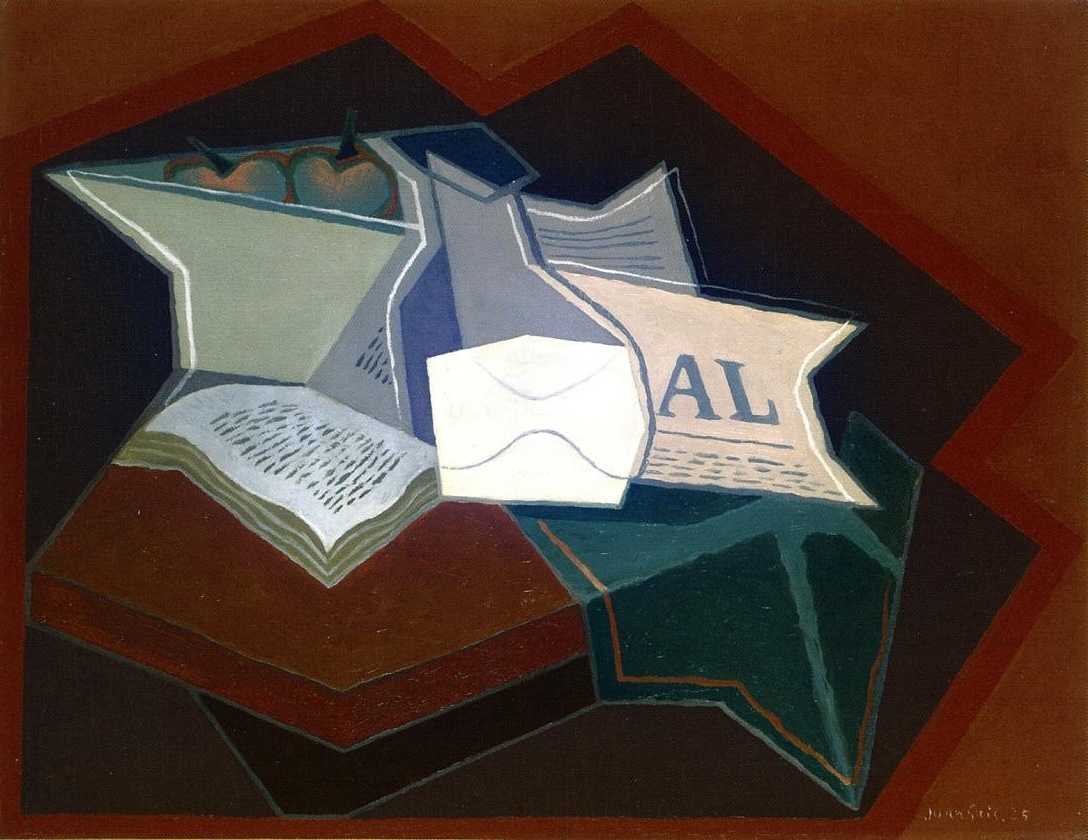
Buddhist Philosophy The Best 7 Books to Read
Buddhism is a philosophical tradition based on the teachings of Siddhartha Gautama, a prince who lived in ancient India around 500 BCE (exact dates vary). It’s thought the Buddha’s teachings were originally transmitted orally, and only written down in the 1st century BCE in Sri Lanka, with further Buddhist branches spreading throughout India, China, Tibet, Japan, and South-East Asia.
Encompassing as it does a variety of traditions, beliefs, and spiritual practices, Buddhism can be viewed as both a religion and a philosophy.
However, unlike some other religions, its original philosophical teachings are not (necessarily) grounded in any appeals to ‘supernatural’ elements like a creator God or gods, resulting in the emergence of secular Buddhist movements that engender keen philosophical engagement.
The teachings of the Buddha — especially his focus on suffering (as discussed in our explainer on the Buddha’s parable of the poisoned arrow), his Four Noble Truths, the concept of anicca (impermanence), and the concept of anātman (no-self) — have fascinated thinkers for thousands of years, and offer a rich framework for facing up to life and suffering.
While perhaps best known for its advocation of practices like mindfulness and meditation, and while many different schools and doctrines have grown up around its original teachings, the core of Buddhist philosophy has much to offer on a broad range of topics, from metaphysics to ethics.
In one concise email each Sunday, I break down a famous idea from philosophy. You get the distillation straight to your inbox:
💭 One short philosophical email each Sunday. Unsubscribe any time.
This reading list focuses on the best introductions to Buddhist philosophy in general, from anthologies to essential Buddhist texts. After reading some of the books on this list, you’ll understand exactly why this great tradition continues to boast over 500 million followers around the world today. Let’s dive in!
1. What the Buddha Taught, by Walpola Rahula
Originally published in 1959, Sri Lankan Buddhist monk Walpola Rahula’s What the Buddha Taught is a classic introduction to Buddhism still widely read and celebrated today.
Clearly and concisely covering the Buddha’s core teachings, and drawing from original Buddhist texts, Rahula’s work is a fantastic place to start for anyone with a budding interest in the subject.
Coming in at an accessible 151 pages, What the Buddha Taught is a very nice entry point to Buddhist philosophy.
2. The Heart of the Buddha’s Teaching, by Thich Nhat Hanh
For a more recent and slightly more in-depth introduction to the development and core tenets of Buddhist philosophy, look no further than Thich Nhat Hanh’s 1999 The Heart of the Buddha’s Teaching.
Thich Nhat Hanh was a Buddhist Zen master heralded around the world as a fantastic Buddhist advocate and communicator (here's my article discussing Thich Nhat Hanh on healing the wounds of the past, for example). His brilliant introduction covers the Four Noble Truths, the Noble Eightfold Path, and much more. At 304 pages, this slightly longer introduction to Buddhism comes highly recommended.
3. Why Buddhism is True, by Robert Wright
For an even more recent introduction to Buddhist philosophy — an introduction that is written very much from a Western secularist perspective — consider American author Robert Wright’s Why Buddhism is True, published in 2017.
Weaving in his own personal story and anecdotes, Wright attempts to show how key Buddhist teachings and practices are compatible with — and even backed by — the latest learnings from cognitive science and evolutionary psychology. If you’re seeking a highly readable, engaging introduction to Buddhism from a Western secularist perspective, Wright’s book is for you.
4. How to Live a Good Life (According to 7 of the World’s Wisest Philosophies), by Philosophy Break
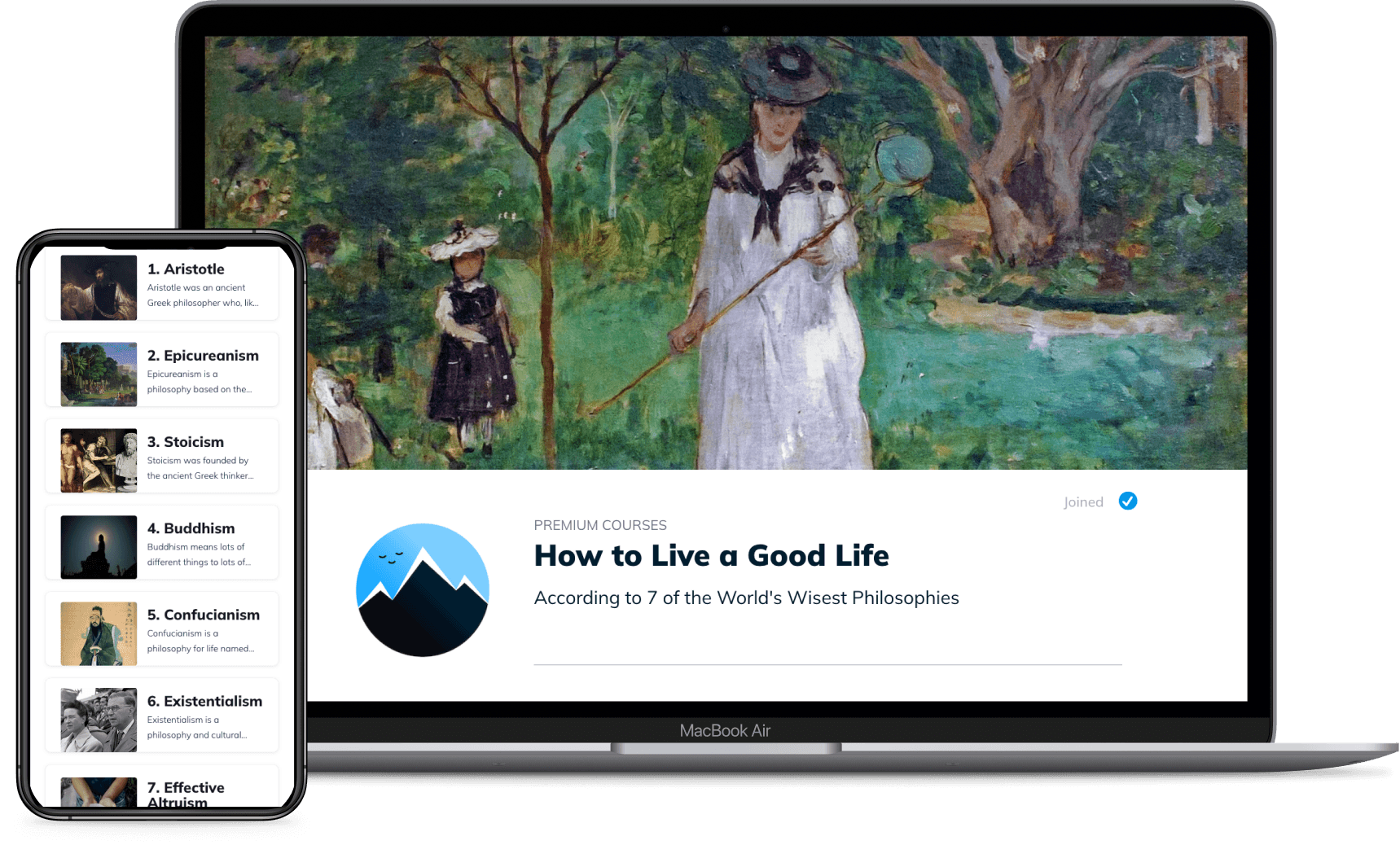
How to Live a Good Life (According to 7 of the World’s Wisest Philosophies)
BY PHILOSOPHY BREAK
★★★★★ (100+ reviews)
Get Instant AccessIf you’re interested in learning not just about Buddhism, but comparing its insights to six rival philosophies for life, look no further than the 2026 How to Live a Good Life (According to 7 of the World’s Wisest Philosophies). This concise online guide is instantly accessible from any device and distills the best and most important wisdom from Buddhism, Stoicism, Existentialism, and more.
Of course, we’re a little biased, as we produced this one — but if you’re seeking to understand some of life’s most influential ethical frameworks, examine the pros and cons of each, and discover how they might apply to your own life, then this is the guide for you. How to Live a Good Life (According to 7 of the World’s Wisest Philosophies) gets rave reviews, is better value than buying introductory books for all philosophies covered, and might be just what you’re looking for!
5. The Dhammapada, translated by Eknath Easwaran
Turning from introductions to primary Buddhist texts and commentaries, where better to start than with one of the most accessible collections of aphorisms and verses attributed to the Buddha himself?
Commonly thought of as the ‘handbook’ of original Buddhist teachings, The Dhammapada — here translated, contextualized, and introduced by the famed Indian-born spiritual teacher Eknath Easwaran — presents powerful verses recorded by direct disciples of the Buddha, covering core Buddhist ideas in poetic language. If you’re interested in Buddhist philosophy, this beautiful work belongs on your bookshelf.
6. In the Buddha’s Words, by Bhikkhu Bodhi
For a more in-depth collection of the Buddha’s original teachings, complete with detailed contextualization and commentary (as well as a foreword from the Dalai Lama), look no further than Bhikkhu Bodhi’s brilliant In the Buddha’s Words.
This anthology presents thoughtfully curated selections from the Pali Canon of Buddhist philosophy, as well as clear translations of the Buddha’s original teachings. It’s an essential addition for any aspiring student of Buddhist philosophy.
7. Buddhist Philosophy: Essential Readings, by William Edelglass
Buddhist Philosophy: Essential Readings, edited by William Edelglass and Jay Garfield, is the most academically rigorous (and technical) presentation and commentary on Buddhism on this list.
Aimed at those interested in the connections between Western philosophy and Buddhism, Buddhist Philosophy: Essential Readings consists of academic essays on how various selections of Buddhist literature align to metaphysics, epistemology, philosophy of language, philosophy of mind, and ethics. More demanding than other works on this list, this book nevertheless deeply rewards attentive reading.
Further reading
Are there any other books you think should be on this list? Let us know via email or drop us a message on Twitter or Instagram.
In the meantime, why not explore more of our reading lists on the best philosophy books:

View All Reading Lists
Essential Philosophy Books by Subject
About the Author

Get one mind-opening philosophical idea distilled to your inbox every Sunday (free)

From the Buddha to Nietzsche: join 25,000+ subscribers enjoying a nugget of profundity from the great philosophers every Sunday:
★★★★★ (100+ reviews for Philosophy Break). Unsubscribe any time.

Latest Breaks
Each philosophy break takes only a few minutes to read, and is crafted to expand your mind and spark your curiosity.
